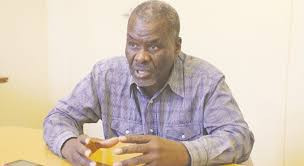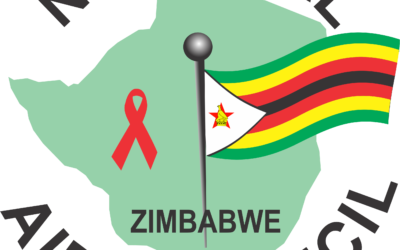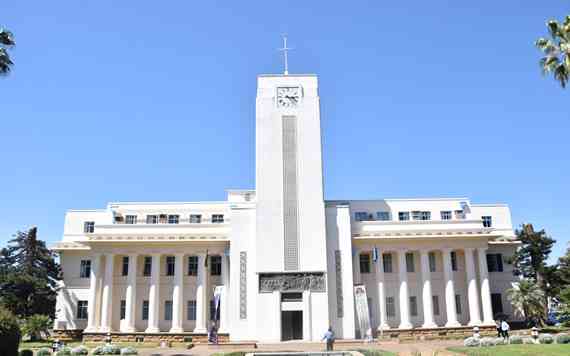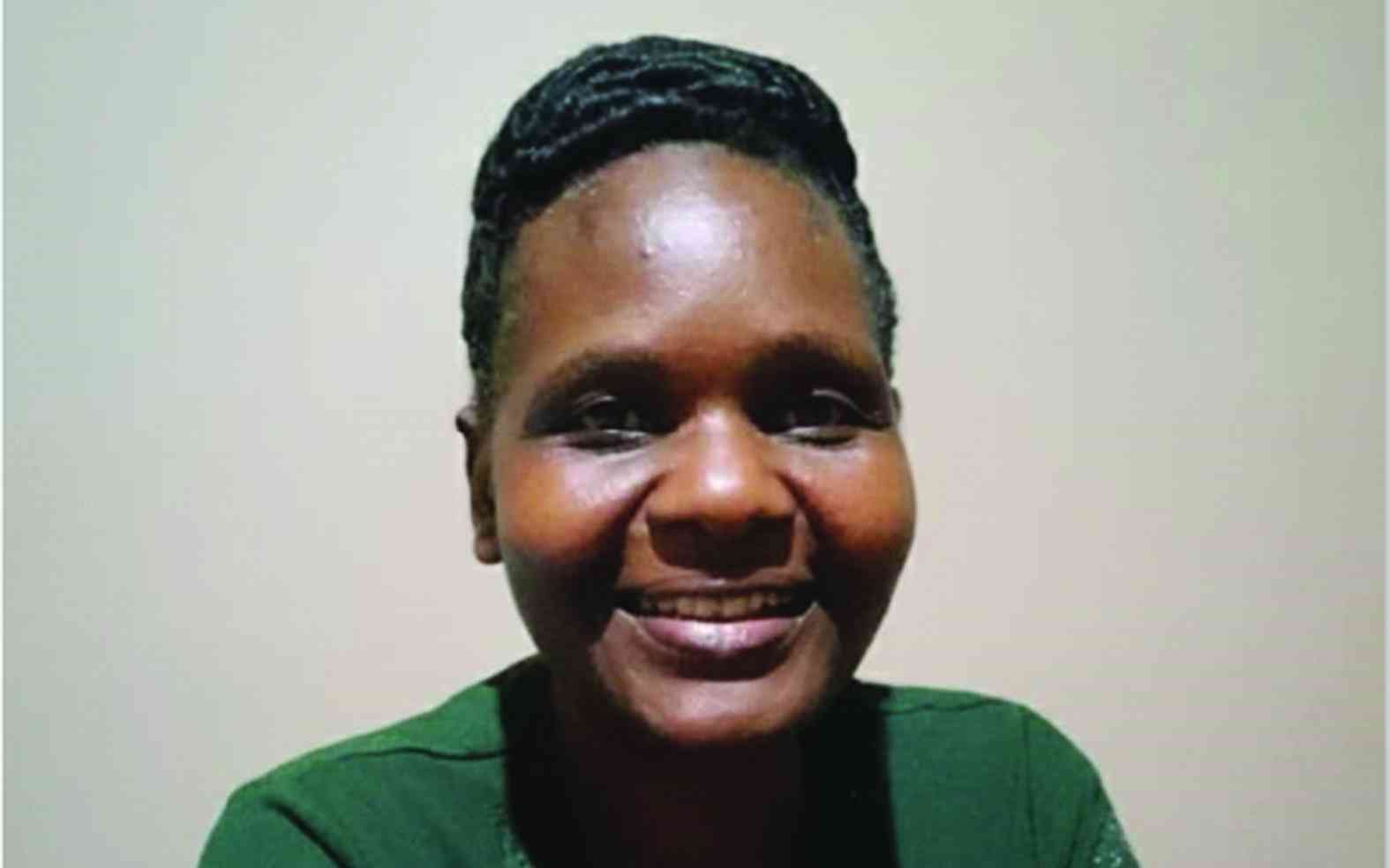
A RECENT move by the government to introduce a US$500 per hectare levy on black farmers has sparked backlash from the Zimbabwe People’s Revolutionary Army (ZPRA) ex-combatants.
They accused the government of betraying the spirit of the Lancaster House Agreement and warned that Zimbabwe risks returning to the tensions of the colonial era if the levy is not scrapped. At the heart of their anger is the government’s decision to impose the levy on farmers holding offer letters, leases or permits for agricultural land.
The levy is meant to raise part of the US$3,5 billion agreed in 2020 by President Emmerson Mnangagwa’s administration to compensate former commercial white farmers displaced during the land reform programme.
ZPRA ex-combatant, Andrew Ndlovu, who was a regional zone commander during the liberation struggle, said they were opposed to the new measure.
He argued that the idea of asking Zimbabweans to pay for land they shed blood to liberate is an insult to the legacy of the liberation war and a breach of the 1979 Lancaster House Agreement.
“What transpired during the heat of the liberation war after the Rhodesian regime government had suffered defeat in the operational areas inside Rhodesia — for instance, in NF2, where I was the ZIPRA regional zone commander — was that we had effectively liberated zones and the enemy was in retreat,” said Ndlovu.
He recounted how then British Prime Minister Margaret Thatcher met with Patriotic Front leader Joshua Nkomo to negotiate a ceasefire.
Ndlovu emphasised that land was a central issue during those negotiations.
- Liberation war stalwart pens political book
- Liberation war stalwart pens political book
- Zapu, CCC, Zanu PF in joint call for peace
- Interview: CAPS tussle: Mutanda bares it all
Keep Reading
“The question of land nearly caused the talks to collapse,” Ndlovu said.
“Nkomo made it clear: Zimbabweans would never pay for the land they fought to reclaim.
“The British and Americans agreed to take responsibility for compensating their kith and kin under a 10-year constitution.”
That agreement, he said, was never fully honoured.
By 1997, war veterans had grown frustrated with the lack of progress and met with then-President Robert Mugabe and Vice-President Nkomo to express their grievances.
“It was then that we made clear our intentions to reclaim the land,” he said.
“We knew the British and Americans had no intention to fulfil their promises.
“Of all the land, they had only paid for 121 sand-laden farms unfit for agriculture.”
Ndlovu said ZPRA combatants viewed the move to raise compensation funds from Zimbabwean farmers as a betrayal of the liberation war.
“It was never about liberating the land only to sell it back to the people. That’s not what we fought for,” Ndlovu said.
He insisted that the government should hold the British and American governments accountable for failing to honour the Lancaster House Agreement.
“The Zimbabwean government must fight the British for the compensation funds and leave Zimbabweans in peace. Otherwise, we risk a return to the conflict we thought we had ended in 1980.”









